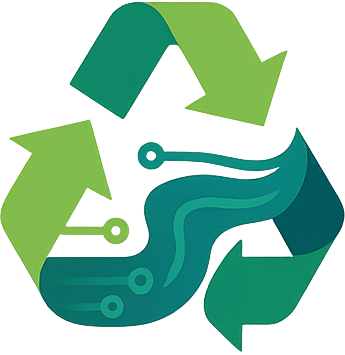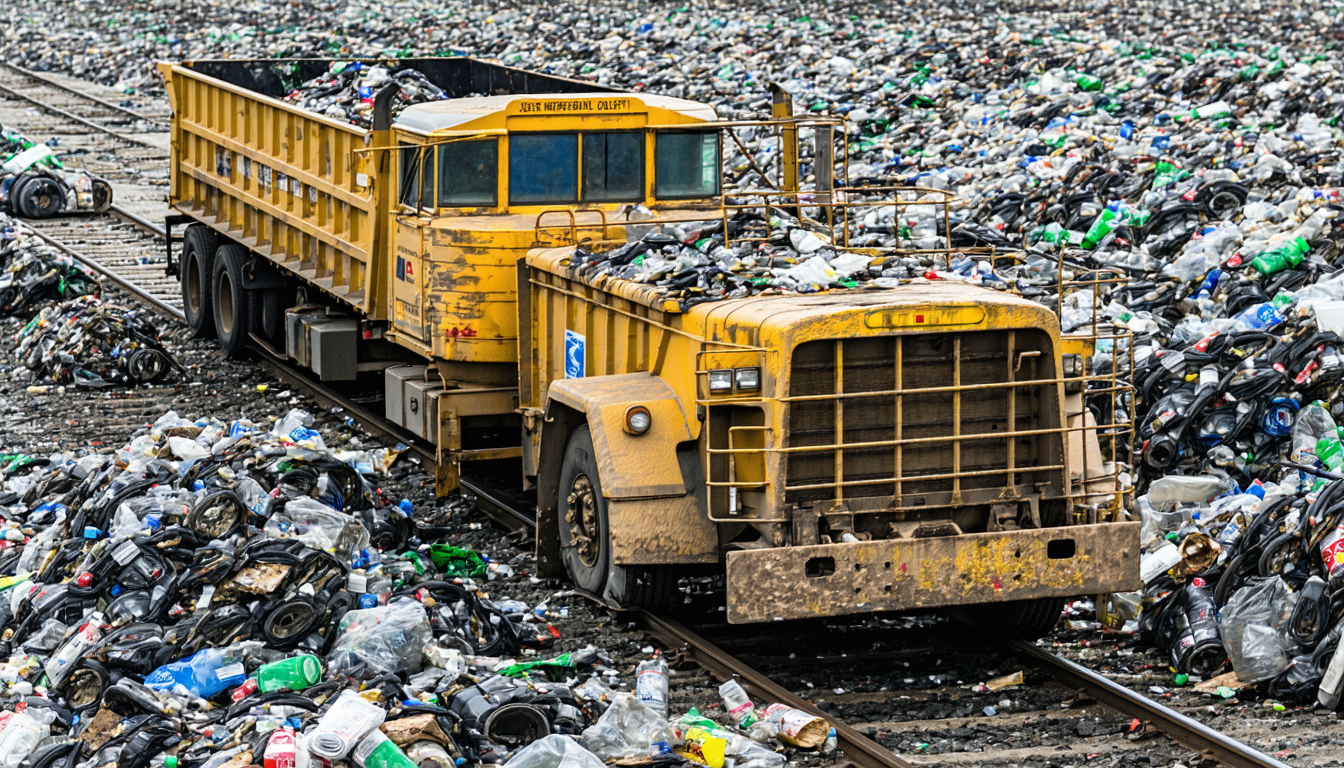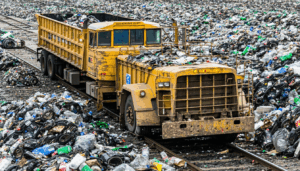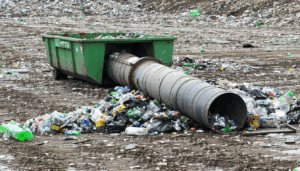In the United States, proper waste oil disposal is a growing concern for businesses, households, and environmental advocates. With millions of gallons of used oil generated annually from vehicles, industrial machinery, and kitchens, the need for safe and accessible disposal options has never been more critical. This article explores the latest developments in waste oil management, highlights local solutions for “waste oil disposal near me,” and examines the environmental and economic impacts of improper disposal. From regulatory updates to innovative recycling programs, here’s what you need to know to stay compliant and eco-conscious.
The Growing Challenge of Waste Oil in the US
Waste oil, including used motor oil, hydraulic fluids, and cooking oil, poses significant environmental risks if not handled correctly. According to the Environmental Protection Agency (EPA), over 1.3 billion gallons of used oil are generated in the US each year. Improper disposal can contaminate soil, water sources, and harm wildlife, making regulated disposal a top priority for federal and state authorities.
For individuals and businesses searching for “waste oil disposal near me,” the challenge often lies in finding convenient and compliant options. Many are unaware of local resources or the legal requirements surrounding waste oil management. This gap in awareness has led to increased efforts by government agencies and private companies to educate the public.
Local Solutions for Waste Oil Disposal Near Me
Finding a reliable disposal site is easier than you might think, thanks to recent initiatives across the country. Most states have designated collection centers, often located at auto shops, recycling facilities, or municipal waste sites. The EPA’s website offers a searchable database of certified collection points, while apps like Earth911 provide location-based results for waste oil drop-off spots.
Several major retailers, such as AutoZone and Walmart, also accept small quantities of used motor oil free of charge. For larger volumes or industrial waste, partnering with licensed haulers or recycling firms is essential. These services ensure that oil is processed into reusable products like lubricants or fuel, reducing environmental harm.
Regulatory Updates and Compliance
The US government continues to tighten regulations on waste oil handling to prevent illegal dumping. Under the Resource Conservation and Recovery Act (RCRA), businesses generating significant amounts of used oil must follow strict guidelines for storage, transportation, and disposal. Non-compliance can result in hefty fines or legal action.
According to Dr. Emily Carter, an environmental policy expert at the University of California, “Recent updates to state-level regulations aim to make compliance easier for small businesses while holding large producers accountable. Education campaigns are key to ensuring everyone understands their role in safe disposal.” These changes reflect a broader push toward sustainability and pollution prevention.
Environmental and Economic Impacts
Improper waste oil disposal doesn’t just harm the environment; it also carries economic consequences. Contaminated water supplies can cost millions to clean up, burdening taxpayers and local governments. On the flip side, recycling waste oil creates jobs in the re-refining industry and reduces reliance on virgin oil production.
The American Petroleum Institute estimates that recycled motor oil can be re-refined into high-quality lubricants at a fraction of the cost of new oil. This circular economy approach benefits both the planet and consumers. For those searching for “waste oil disposal near me,” choosing recycling over dumping supports these positive outcomes.
Future Outlook for Waste Oil Management
Looking ahead, experts predict increased investment in waste oil recycling technologies. Innovations like advanced filtration systems could make re-refining more efficient, while mobile collection units may bring disposal services directly to communities. Federal grants are also supporting pilot programs in rural areas where access to facilities is limited.
However, challenges remain. Some stakeholders argue that stricter regulations place undue pressure on small businesses with limited resources. Others advocate for even tougher rules to deter illegal dumping. Balancing these perspectives will be crucial as policymakers shape the future of waste oil management.
Conclusion
Proper waste oil disposal is vital for protecting the environment and complying with US regulations. With accessible resources like local collection centers and online tools, finding “waste oil disposal near me” is within reach for most Americans. As regulations evolve and recycling technologies advance, individuals and businesses have a unique opportunity to contribute to a cleaner, more sustainable future. By staying informed and choosing responsible disposal methods, we can collectively reduce pollution and support economic growth.
Frequently Asked Questions (FAQs)
1. Where can I find waste oil disposal near me in the US?
You can locate nearby disposal sites through the EPA’s website or apps like Earth911. Many auto shops, such as AutoZone, also accept small quantities of used motor oil for free.
2. Is it illegal to dump waste oil?
Yes, disposing of waste oil improperly is against federal and state laws under the RCRA. Violations can lead to fines or legal penalties.
3. Can waste oil be recycled?
Absolutely. Used oil can be re-refined into lubricants, fuels, or other products. Recycling helps conserve resources and protect the environment.
4. What should I do with large volumes of waste oil?
For large quantities, contact a licensed hauler or recycling company to ensure safe transportation and processing in compliance with regulations.





